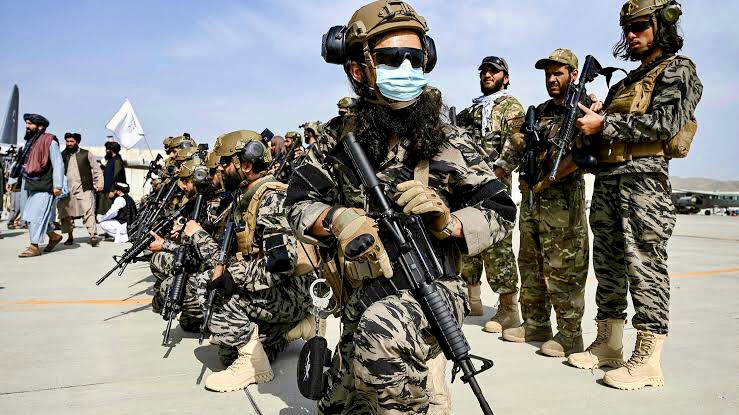
By Faith Nyasuguta
In a bid to provide food for his family, an Afghan father said he sold his daughter, Parwana Malik, 9 years, for $2,200 to a 55-year-old man.
This was revealed by CNN which reported that the family has lived in an Afghanistan northwestern province for years, struggling to afford basic needs including food.
Together with his wife, the father manages just a few dollars a day. Months earlier, the father of six had sold his 12 year old daughter to put food on the table. Once again, the family was pushed into selling another child, to make ends meet.
CNN confirmed that Abdul, Parwana’s father is “broken.”
Together with his wife, the duo had in earlier days opted to borrow money from relatives and also beg on the streets but could not come up with enough.
“We are eight family members,” he told CNN. “I have to sell to keep other family members alive.”
In October this year, a woman named Saleha also sold her daughter, three years, for $550.
Just like the Malik’s family, the mother lacked enough money to sustain herself. When readers came across Saleha’s story, scores volunteered to pay off her debt.

A projection by a United Nations’ development agency showed that Afghanistan is headed towards “universal poverty” as triggered by the Taliban’s swift takeover of the nation.
In a one year span, the poverty rate in Afghanistan is projected to be at 97 or 98 per cent , Kanni Wignaraja, UNDP’s Asia-Pacific Director said.
“Afghanistan pretty much faces universal poverty by the middle of next year,” Wignaraja said. “That’s where we’re heading – it’s 97-98% no matter how you work these projections.”
After US president Joe Biden made a decision to pull out US troops from the region after 20 years of ridding the nation of extremists, the Taliban took over Afghanistan.
During its takeover, the Taliban dubbed the nation, the ‘Islamic Emirate of Afghanistan’, going back to the same name used during the last time the regime held power, in 1996.
The Taliban regime was in power until 2001, when the US invaded Afghanistan.
Immediately the US overthrew the Taliban in 2001, the nation made a number of developmental gains among them the doubling of per capita income and a rise in the average number of years of education, Wignaraja noted.
In the last 20 years, Afghanistan made key economic gains that could soon cave in over political instability.
Wignaraja said that Afghanistan faces “a crush on local banking” since the Taliban takeover and it will get worse because of Covid-19.
As the US sought to shrink the Taliban’s resources, it froze about $10 billion in reserves in the country’s central bank – most of which was allegedly held by the New York based Federal Reserve Bank.

Concerns raised have indicated that the move was misdirected and that it will ultimately hurt Afghans more than the Taliban, Shah Mehrabi, a senior board member of Da Afghanistan Bank, told Bloomberg.




